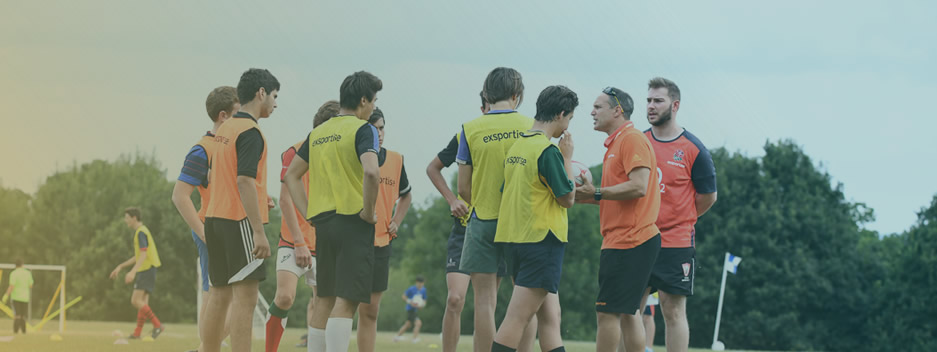Why You Should Debrief After Sessions
- August 7th, 2019
- Tom Bean

Debriefing after a session facilitates learning by getting players to reflect on what they did, why they did it and how it felt.
Knowing the processes helps players apply themselves better when it comes to future sessions by giving it a purpose and helps understanding how it improves their skills and performance.
Therefore, by recalling experiences and insights from the session, individuals recognise the benefits and appreciate how they transfer to a game situation.
Be Flexible with Coaching Styles
There are three main coaching styles, Autocratic, Democratic and Laissez-Faire. When it comes to your coaching style, there is no wrong or right way in particular.
However, when reflecting on a session in the debrief, it is important to take a Democratic to Laissez-Faire approach. As a coach, you must provide enough guidance to create the right thought process, but still give your players the freedom to develop their own ideas.
For your players to really get the most out of a session, you must look at it as a holistic being. They go through the physical processes of the drills, which can lend to an autocratic coaching style.
Then to really validate the work they've done, you need to take a democratic approach and give them the opportunity to develop their own thought processes to reflect on the 'what', 'why' and 'how'.
How to Debrief After a Session
There are three questions you should be asking at the end of each session to get your players to start thinking about the session and reflecting on how it will help them in games.
- What did we do?
- Why did we do it?
- How did it feel?
These three questions encourage the individuals to recall their actions again, appreciate the reasons for doing it and how it helps, and finally the feelings the session created.
The What...
Asking what we did as a coach may seem like a stupid question, however it will be surprising how much your players will forget over the course of the session.
Getting players to recall what you did in the session will get them thinking about the drills to remind them of important aspects and ensure they understood the process.
"What were our movement patterns like, were they slow movements, quick movements?"
The Why...
Perhaps the most important aspect is getting players to recognise why specific drills and practices are in the session.
Knowing 'why' creates a better understanding of the concepts of a drill. By thinking about why it improves specific skills, their understanding of the sport in general will develop and will help them apply drills to game-specific situations.
Once an individual appreciates why they're doing a practice and how it makes them improve, they will buy into the process and fully commit to the coach's plans and ideas.
"Why did we do boxing... and how could that then relate to your cricket?"
The How...
Much of sport is done on feel, whether it's as a coach or as a player. The main feedback an individual gets is from their own body, therefore in your debrief, it's important to get players thinking about how each skill felt.
There should be too types of feel you encourage them to think about. Initially, the technical feel - did a specific shot or skill feel right? Then the emotional feel - did you enjoy the drill, was it fun?
Making sure both types are positive can be vital to how players react to the session, whether they will attempt the skill again and if they continue to try and improve it.
"How did you feel in yourself when you had me with the mits infront of you?"
When coaching, using other sports as a tool to improve aspects of your own is a great way to overcome hurdles and to get players thinking outside the box to solve issues.
Adopting this approach with the right coaching style and having a proper debrief after will give your players the tools to think deeper into the session, rather than just turning up and going through the motions.
Create players who are able to think about their game, reflect on why they're doing something and appreciate how it is improving them. Give them the tools with a full debrief after each session.